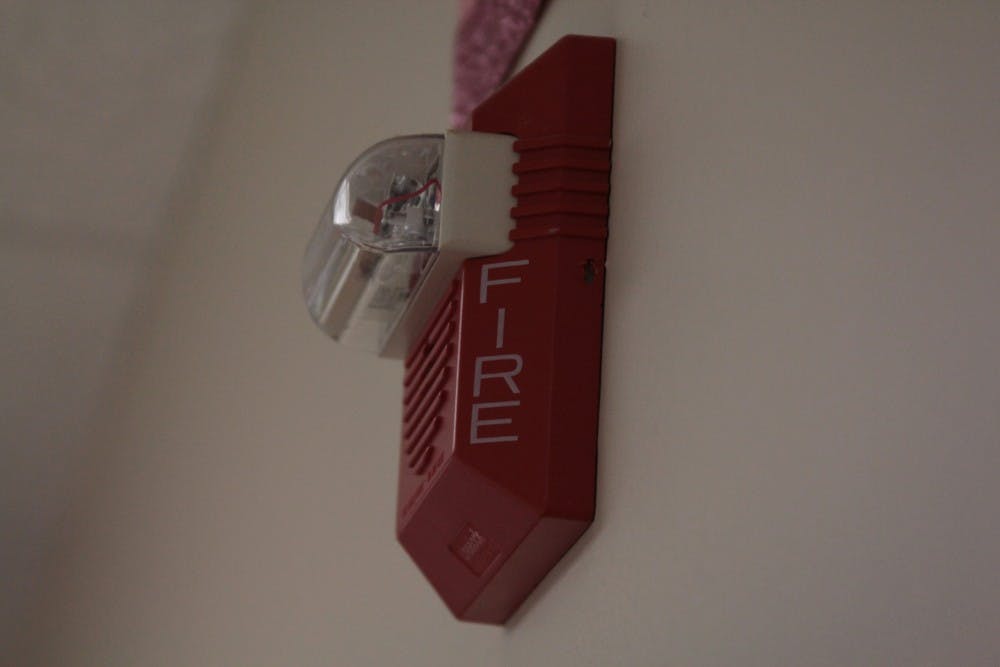UNC is currently working to replace the fire alarm systems in Davis Library, George Watts Hill Alumni Center, Hamilton Hall and the Ackland Art Museum. Replacing all the alarms will cost between $500,000 and $550,000.
University fire marshall David Guynn said the false alarm in Davis Library on October 3 has nothing to do with plans to update the fire alarm systems.
“This has been in planning for a while,” he said. “This is part of a bigger project at Davis.”
He said updating the fire alarm panels is expensive and time consuming.
“It’s expensive,” he said. “You’re not only buying the smoke detectors, but also playing for labor, for technicians to come in and install them. Anything to do with a life safety system like that is very, very stringent.”
Guynn said false alarms are inevitable, but they are not an indication that the building is unsafe.
“We have fire alarms systems on campus that are very new and we have fire alarm systems that are older,” he said. “We never wait until the whole thing just falls apart and doesn’t work before we replace it.”
He said it takes longer to replace fire alarms in the older buildings on campus that have not been renovated.
“A good example is Davis,” he said. “Davis is a problem because it’s old. Davis doesn’t have some of those new features. So the only time we have to go back and put in new fire alarm systems is when a building hasn’t been renovated. And Hamilton is a good example of that and Davis is a good example of that.”



